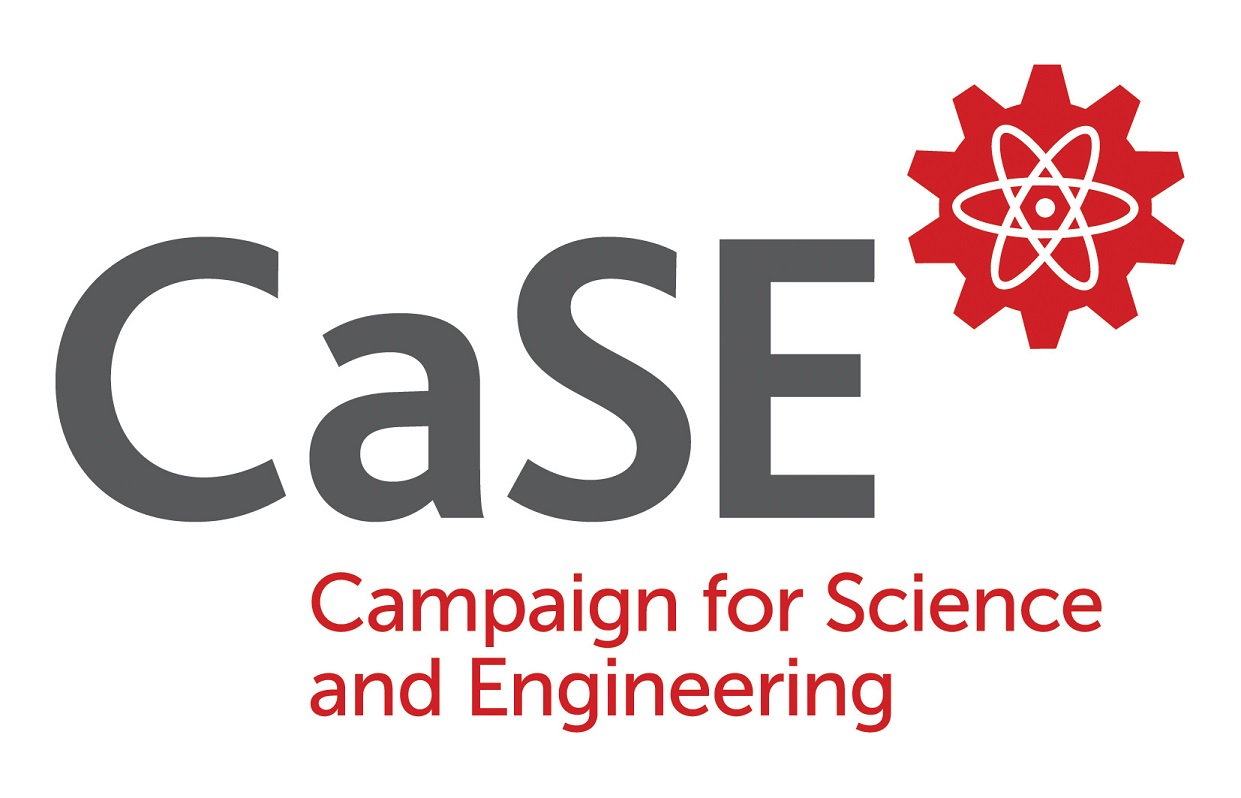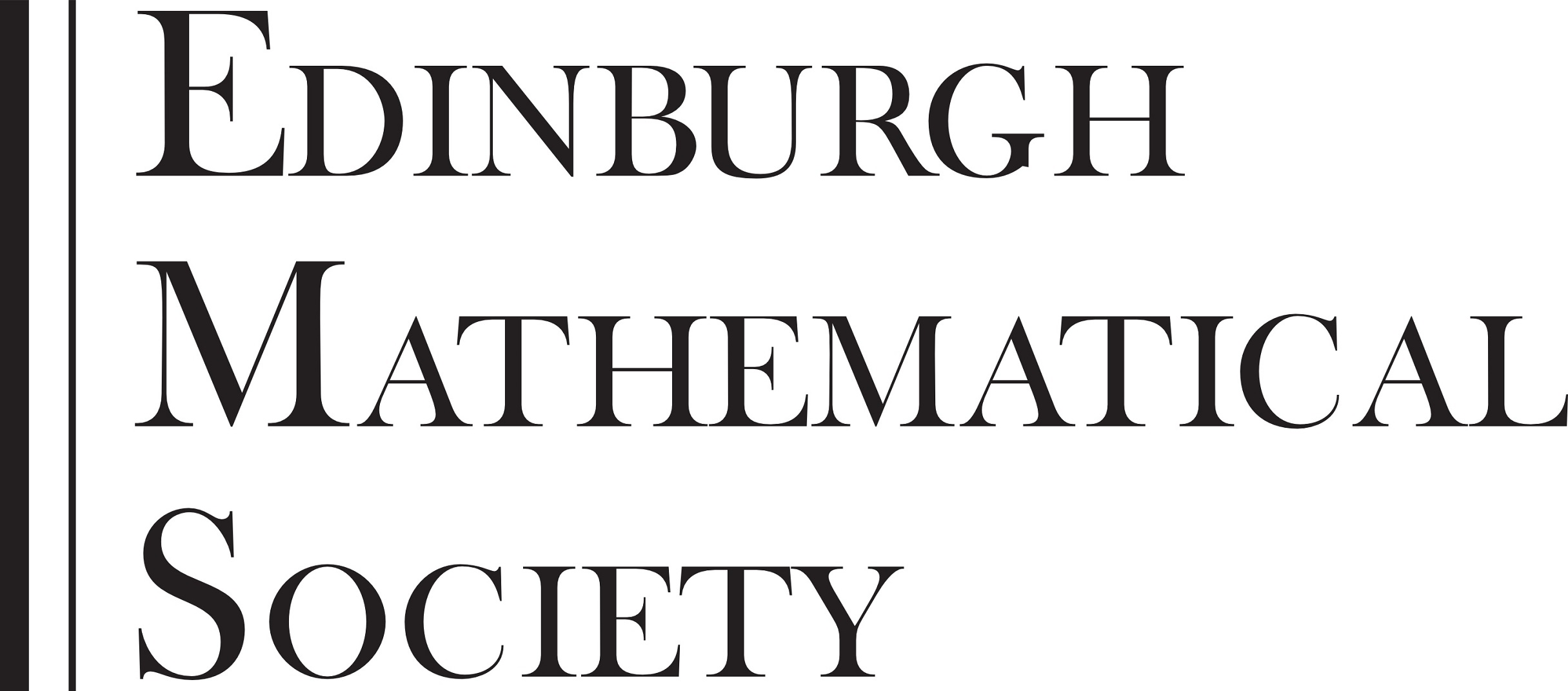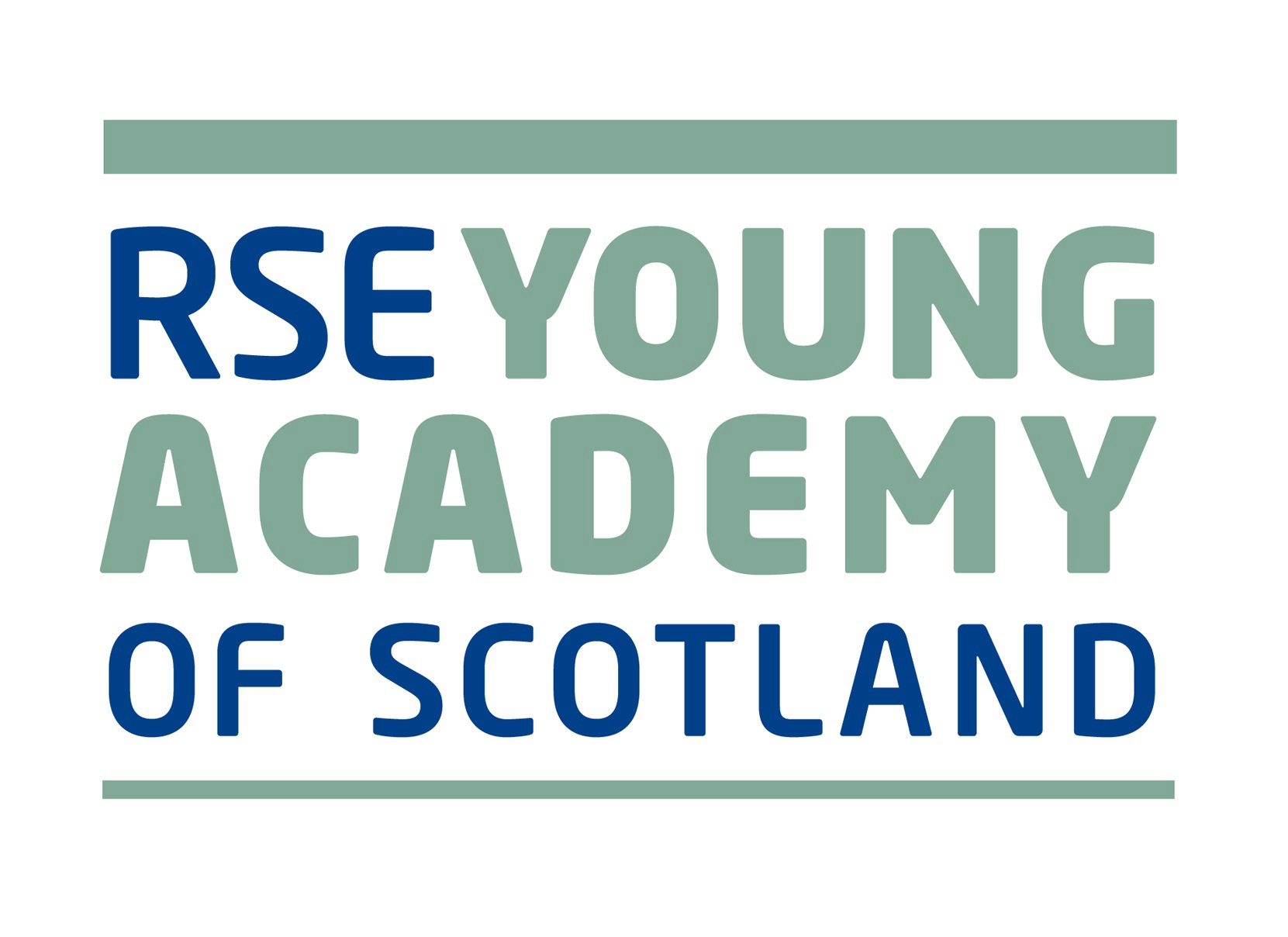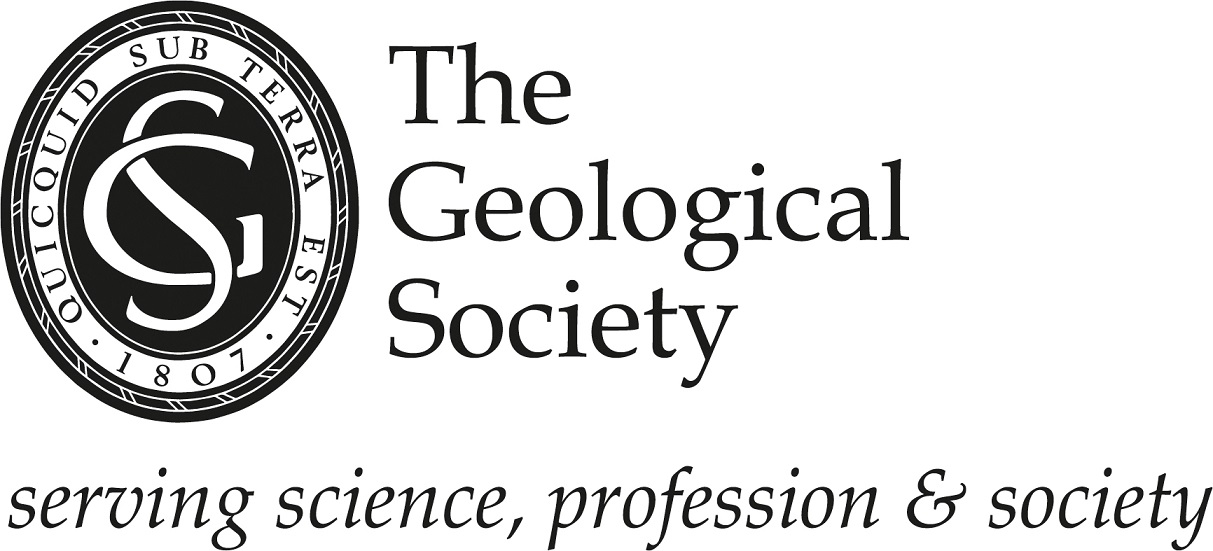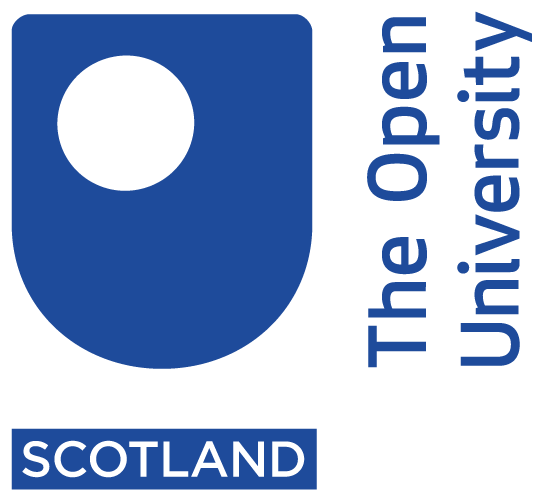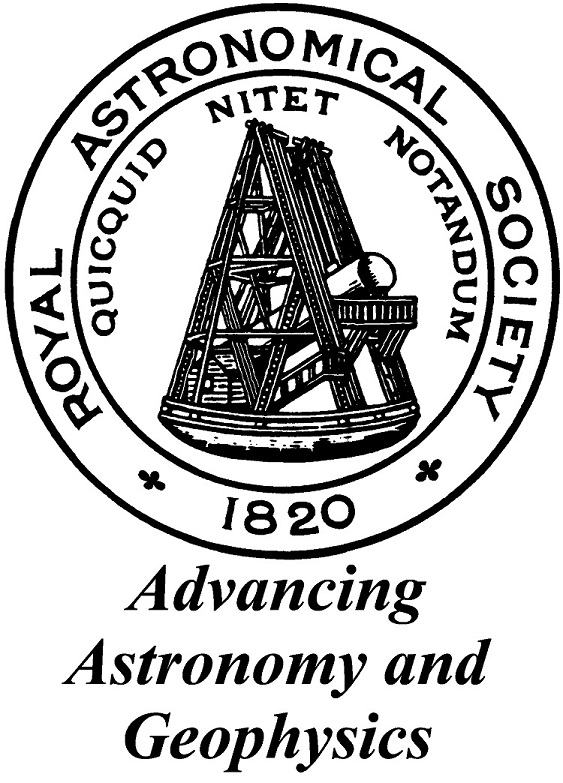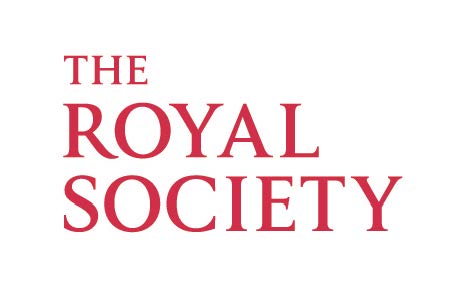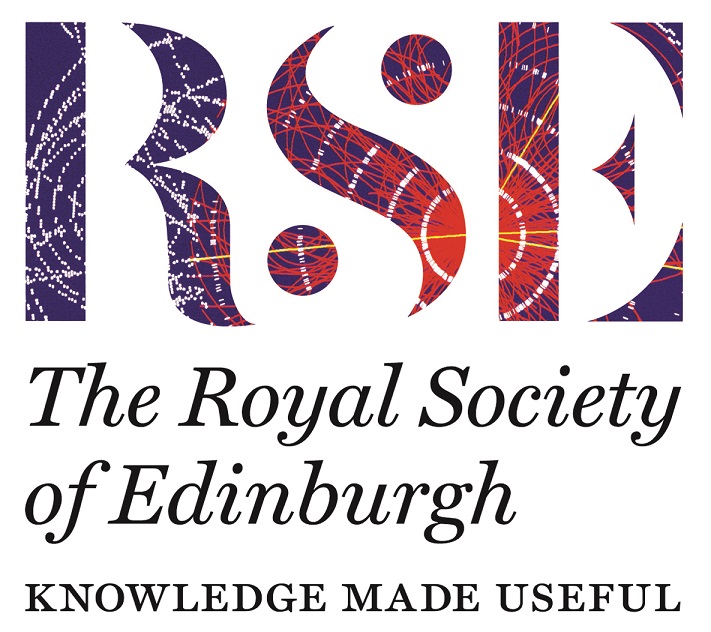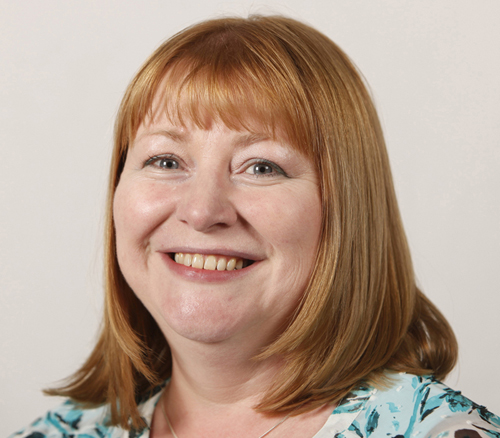 Clare Adamson MSP, Member for Motherwell & Wishaw, Convenor, Education & Skills, United Kingdom
Clare Adamson MSP, Member for Motherwell & Wishaw, Convenor, Education & Skills, United Kingdom
Clare Adamson is the MSP for Motherwell & Wishaw and a member of the Education Committee at the Scottish Parliament. Clare also convenes the Cross Party Group on Accident Prevention and Safety Awareness; and the Cross Party Group on Science and Technology.
Clare is passionate about education and STEM subjects; particularly women’s representation in these sectors.
Clare was born in Motherwell and raised in Wishaw. She studied Computer Information Systems at Glasgow Caledonian University, graduating with a BSc (with distinction), before entering the IT industry where she latterly worked as a European Development Manager at a Glasgow document management firm.
Clare worked at SNP HQ between 2003 – 2007; leading the development of the SNP’s ‘Activate’ campaign tool as Project Manager. In 2007, Clare was elected to North Lanarkshire Council to represent Wishaw. Clare was then elected to represent Central Scotland at the Scottish Parliament in 2011 before becoming the first ever SNP MSP for Motherwell & Wishaw in 2016.
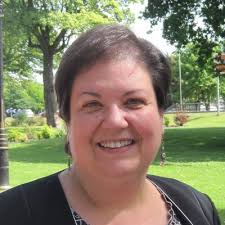 Jackie Bailie MSP, Economy, Jobs and Fair Work, United Kingdom
Jackie Bailie MSP, Economy, Jobs and Fair Work, United Kingdom
Jackie Baillie MSP has represented Dumbarton Constituency since 1999 when the Parliament was first created. She was the first woman to represent the constituency when she was elected. She is one of only a handful of MSPs to hold the same constituency seat continuously since 1999. In the past, Jackie served as Deputy Minister for Communities under the then First Minister Donald Dewar from 1999 until 2000, before being promoted to Social Justice Minister from 2000 until November 2001. After the May 2007 Scottish Parliament elections Jackie returned to Labour's front benches as Shadow Minister for Parliamentary Business. In 2008 she was appointed to a newly created position as Labour's Chief of Staff in the Scottish Parliament. From 2012-2014, Jackie was the director of Better Together. More recently Jackie has served as Scottish Labour’s spokesperson for Public Services and Wealth Creation covering Finance, Economy, Business & Tourism. In 2016 she was re-elected to Holyrood with a reduced majority of 109.
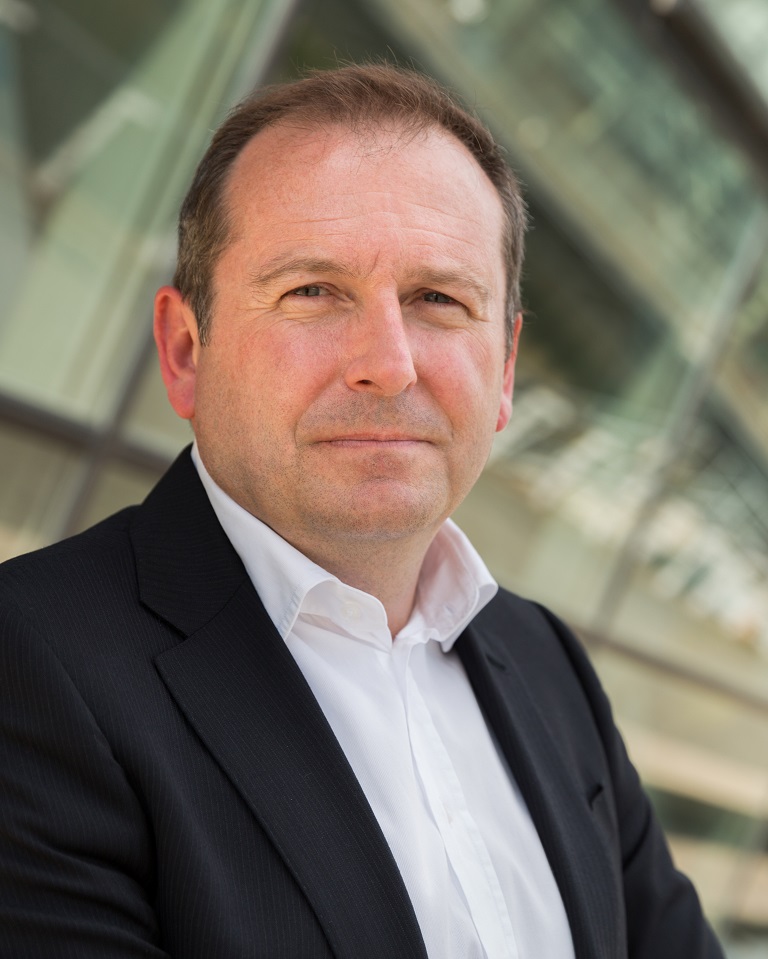 Dr Stephen Breslin, Chief Executive Officer of Glasgow Science Centre, United Kingdom
Dr Stephen Breslin, Chief Executive Officer of Glasgow Science Centre, United Kingdom
Dr Stephen Breslin has been Chief Executive Officer of Glasgow Science Centre since 2012. He is committed to stimulating peoples’ interest in science and helping them to discover the pleasure and relevance in science, engineering and technology.
Glasgow Science Centre is a five star attraction and plays a pivotal role in Scotland’s science infrastructure and Stephen is dedicated in continuing the drive forward to become a key player in inspiring the scientists and engineers of tomorrow through hands-on engagement.
Under Stephen’s leadership the Centre has secured millions of pounds of investment for new exhibitions and established new corporate partnerships which has resulted in record numbers of visitors to the centre.
It has also enabled the Centre to grow its engagement programme to reach even more people across Scotland and the north of England and invest in many new facilities such as a state of the art digital planetarium and new café facilities which have all taken the visitor experience to new levels.
Previously, Stephen was Chief Executive Officer of Futurelab Education, one of the most highly respected think-tanks and research labs in the world whose work has had a profound impact on educational practice and thinking. In this role, he transformed the organisation from Government funded to revenue generating whilst maintaining the think-tank’s reputation and capacity for delivery of high quality, innovative and creative research in the educational technology space. Prior to this, Stephen was Chief Executive Officer with The Kelvin Institute Ltd, a joint venture between the University of Strathclyde, the University of Glasgow and Scottish Enterprise. The organisation’s remit was to take technology that originated from Scottish Universities and develop it into marketable products and services for sale or licence.
Stephen has been a professional within the science and engineering industry for over 20 years, starting his career as an engineering consultant seconded to the Royal Navy at Clyde Submarine base, Faslane. He then worked with British Aerospace on the design of flight control systems for the Typhoon fighter aircraft which led to an award of PhD in Electrical Engineering from The University of Strathclyde.
He has also worked internationally as a professional software engineer designing Enterprise Systems for multi-national blue chip companies in the Utilities, Finance and Retail sectors.
Stephen also holds a B.Eng in Mechanical Engineering from The University of Strathclyde and an MSc in Control Systems from The University of Sheffield.
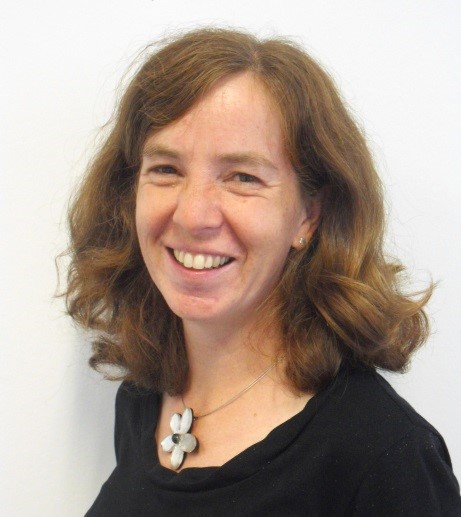 Dr Heather Earnshaw, Project Manager, Improving Gender Balance Scotland, United Kingdom
Dr Heather Earnshaw, Project Manager, Improving Gender Balance Scotland, United Kingdom
A former physics teacher, Heather is determined that education, especially science education, is accessible to everyone. In her current role with IGB Scotland she is focusing on identifying and tackling the hidden barriers to participation, particularly with respect to gender. She is working with a wide variety of individuals and organisations, developing practical strategies and actions to tackle gender imbalances in subject choice and career pathways.
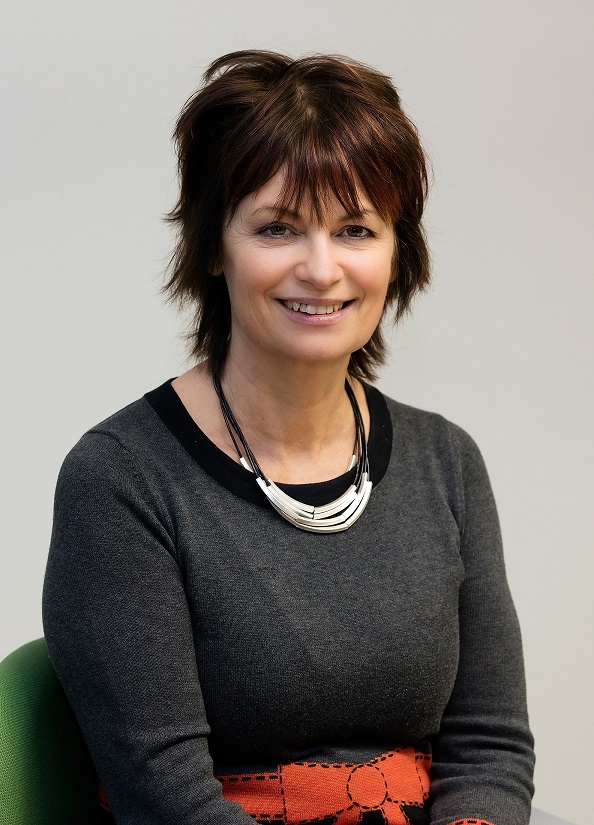 Professor Dame Anne Glover FRS PRSE, President of the Royal Society of Edinburgh, United Kingdom
Professor Dame Anne Glover FRS PRSE, President of the Royal Society of Edinburgh, United Kingdom
Anne Glover is a molecular biologist who has studied how we respond to stress at the molecular level. She was the first Chief Scientific Adviser to the President of the European Commission (2012-2015). Prior to that, she was the first Chief Scientific Adviser for Scotland (2006-2011). She has been an effective and well respected ambassador for European science. She is a trustee of many charities and has a particular interest in how knowledge can be used to transform lives in Africa. She is President of the Royal Society of Edinburgh and took up office in April 2018.
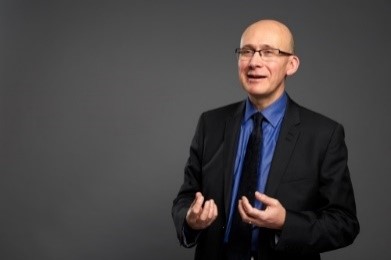 John Leach BSc PhD PGCE FAcSS FRSC PFHEA , Leeds Trinity University, United Kingdom
John Leach BSc PhD PGCE FAcSS FRSC PFHEA , Leeds Trinity University, United Kingdom
John Leach is Director of the Institute for Childhood and Education at Leeds Trinity University, and Visiting Professor in the School of Education at The University of Leeds. He has previously served as a Pro Vice-Chancellor at The University of Hull and Sheffield Hallam University, and Dean of Social Sciences at the University of Leeds where he was also Professor of Science Education. He served as a member of the Research Assessment Exercise sub-panel for education in 2008, was Deputy-Chair of the Research Excellence Framework sub-panel for education in 2014, and is Deputy Convenor of the education sub-panel of the University Grants Commission Research Assessment Exercise for 2020 in Hong Kong. He is a member of Council of the British Educational Research Association.
John was a member of the advisory group for the recently-published British Academy/Royal Society report on Educational Research.
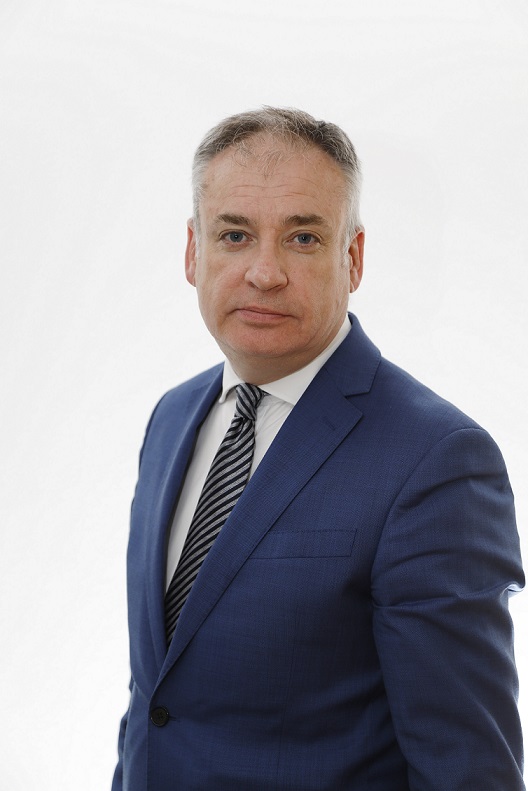 Richard Lochhead MSP, Minister for Further Education, Higher Education and Science, United Kingdom
Richard Lochhead MSP, Minister for Further Education, Higher Education and Science, United Kingdom
Richard was first elected as a North East MSP in 1999 before winning the Moray by-election in 2006. He was Cabinet Secretary for Rural Affairs, Food and the Environment in the Scottish Government between 2007 and 2016. He was appointed Minister for Further Education, Higher Education and Science in September 2018.
Richard was born in Paisley in 1969 and was educated at Williamwood High School, Clarkston, Glasgow. He graduated with BA Honours in Political Studies from Stirling University.
Richard’s first employment was with the South of Scotland Electricity Board and prior to his election to Holyrood worked for Dundee City Council. He was also employed as constituency office manager for Alex Salmond from 1994 to 1998.
Richard is married with two sons and lives near Elgin.
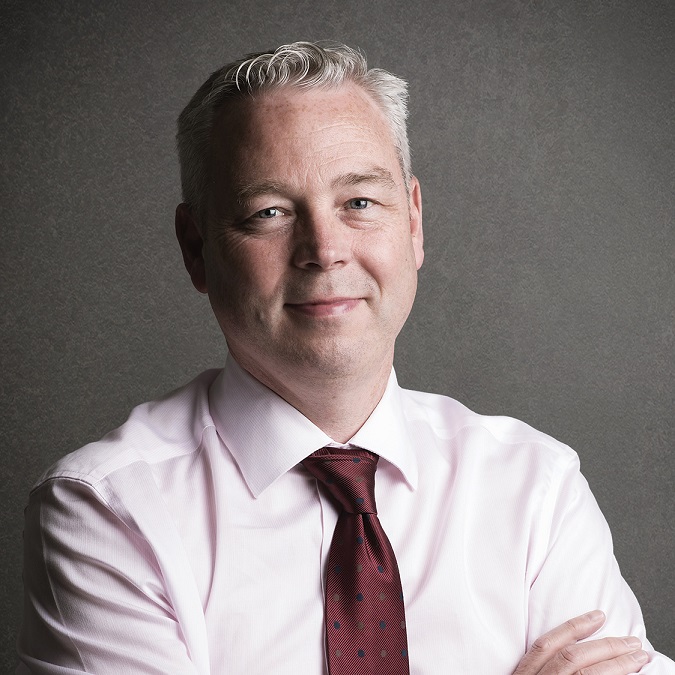 Martin McGuire, Principal and Chief Executive of New College Lanarkshire, United Kingdom
Martin McGuire, Principal and Chief Executive of New College Lanarkshire, United Kingdom
Martin is Principal and Chief Executive of New College Lanarkshire which encompasses Coatbridge, Cumbernauld and Motherwell campuses as well as smaller campuses at Broadwood, Hamilton and Kirkintilloch. New College Lanarkshire provides almost two thirds of the Further Education provision in Lanarkshire and delivers qualifications to almost 18,000 learners.
Martin, a Chartered Physicist, has over 27 years’ experience in the College sector, having initially lectured in electronics. Martin held several management posts prior to taking up the post of Principal and Chief Executive of Cumbernauld College in 2007.
Martin is a member of the Scottish Government’s STEM Strategy Implementation Group and chairs the national STEM Hubs Steering Group.
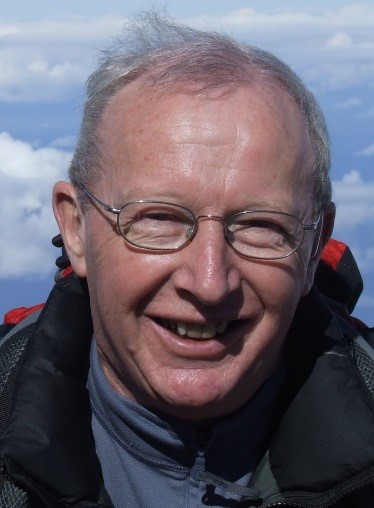 Stuart Monro , St Andrews University, United Kingdom
Stuart Monro , St Andrews University, United Kingdom
Stuart Monro is the Deputy Chair of Court at St Andrews University and formerly Vice-Convenor of Court at Edinburgh. He recently retired as Scientific Director of the Scottish Consortium for Rural Research and was the founding Scientific Director of Our Dynamic Earth. He graduated in geology at Aberdeen University in 1970 and has a PhD from the University of Edinburgh and spent much of his career with the British Geological Survey (BGS) but was latterly heavily committed to public engagement. He is an Honorary Professor in the School of Geoscience. He was awarded an OBE for services to science, the Distinguished Service Award of the Geological Society, honorary doctorates from the Open University, Heriot-Watt University and the University of Edinburgh and an honorary fellowship from the Royal Scottish Geographical Society.
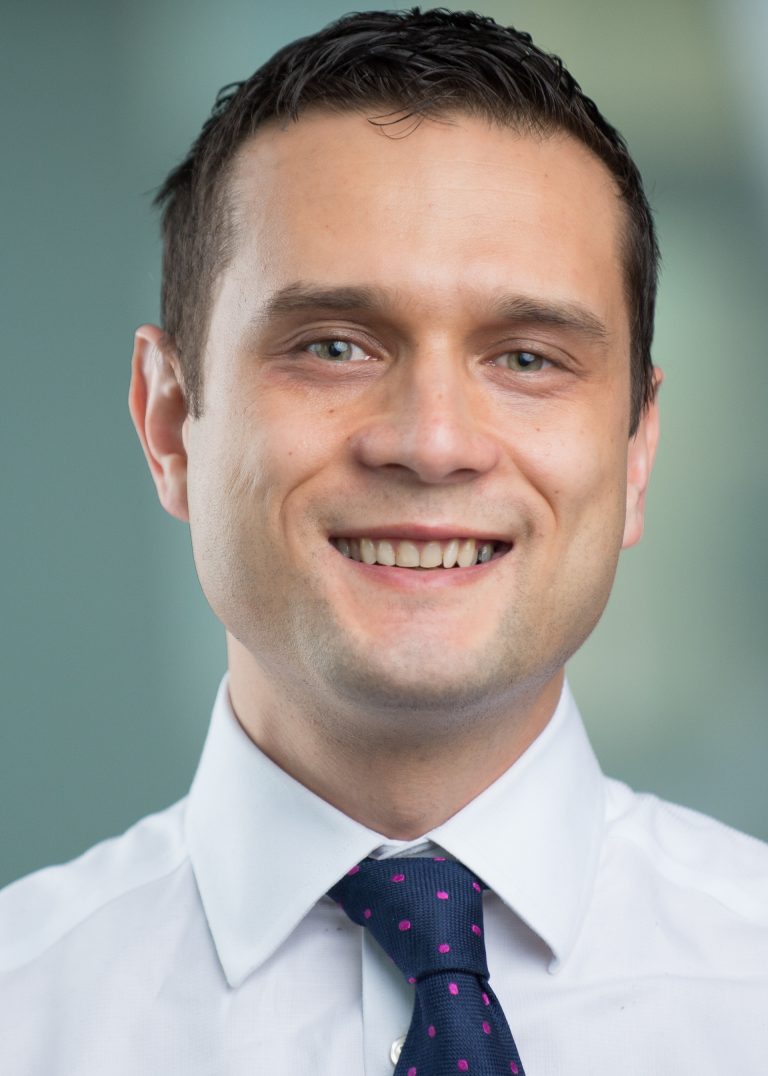 Douglas Morrison, City of Glasgow College, United Kingdom
Douglas Morrison, City of Glasgow College, United Kingdom
Douglas is an experienced educator with a demonstrated history of working in the further and higher education sector. His areas of interest include STEM, innovation, digital disruption, educational policy, technology enhanced learning and gender equality issues. He is the Associate Director for STEM and Innovation at City of Glasgow College and Director of the Scottish Institute for Innovation and Knowledge Exchange. Douglas holds a Master’s Degree in Educational Technology and is a Doctor of Philosophy (Ph.D.) candidate researching gender, habitus and occupational segregation in the UK construction industry at the University of Strathclyde. He is a Fellow of Institute for Innovation and Knowledge Exchange (FIKE) and co-founder of Transformable, a charitable organisation designing assistive aids for disabled children and victims of humanitarian disasters. Douglas sits on the Strategic Programme Board at the Glasgow City of Science and Innovation, the Board of Governance at the Construction Scotland Innovation Centre, and is an associate staff member on the Universities of Stirling and Dundee teacher training programmes (TQFE). He is a contributing member of the Royal Society of Edinburgh's 'Tapping all our Talents' review and holds gender focused advisory positions at the Scottish Funding Council and Skills Development Scotland.
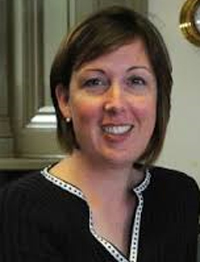 Sheila Rowan MBE, Chief Scientific Adviser for Scotland, United Kingdom
Sheila Rowan MBE, Chief Scientific Adviser for Scotland, United Kingdom
Professor Sheila Rowan was appointed Chief Scientific Adviser (CSA) for Scotland in June 2016.
This is a part-time position within the Scottish Government. Sheila also remains Director of the Institute for Gravitational Research, University of Glasgow, a position she has held since 2009. She received an MBE in 2011.
As CSA Scotland, Sheila champions the use of science to inform policy development. She works closely with the Scottish Science Advisory Council, of which she is an ex officio member, to help ensure that the Scottish Government has access to the best scientific advice to inform its work across all policy areas.
The CSA is also a keen advocate – across Scotland and further afield – of our world-leading science base, and its potential to benefit our economy, people and environment.
Sheila’s research is targeted at developing optical materials for use in gravitational wave detectors, and her recent work has been a crucial part of the Advanced LIGO upgrades, carried out between 2010 and 2015, that contributed to one of the most significant scientific breakthroughs of this century: the first detection of gravitational waves announced in February 2016. This resulted in a share of the 2016 Special Breakthrough Prize in Fundamental Physics for her and the members of her team in Glasgow.
Sheila was elected a Fellow of The Royal Society in 2018.
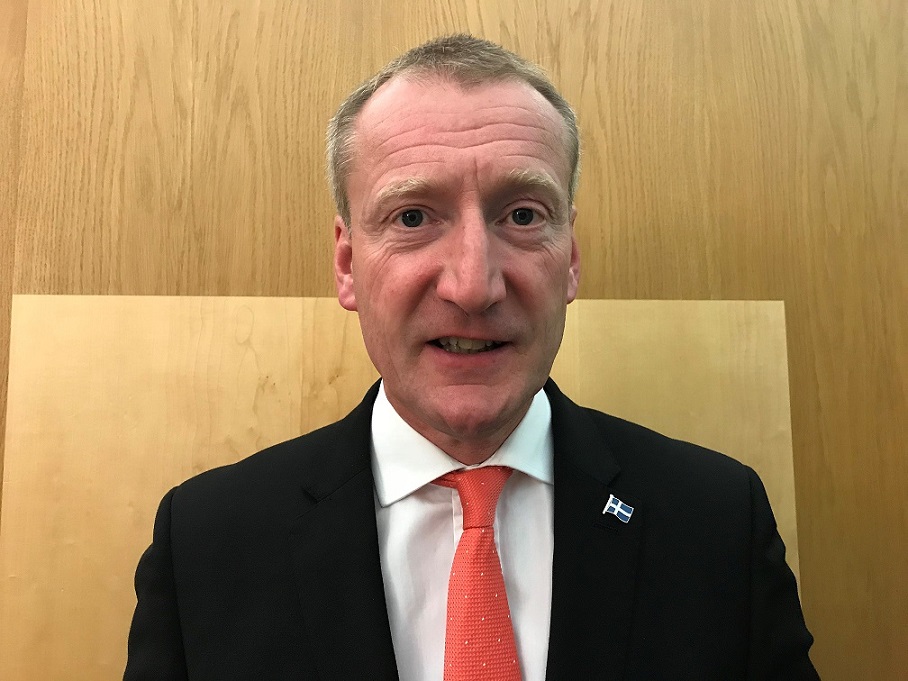 Tavish Scott, MSP for Shetland, United Kingdom
Tavish Scott, MSP for Shetland, United Kingdom
Tavish Scott has been Shetland’s MSP since 1999. He is a graduate of Edinburgh Napier University, worked for Orkney and Shetland MP Jim Wallace at Westminster, ran his family farm in Bressay, was a local councillor on Shetland’s Islands Council (1994-99) and has held various ministerial offices, including Scottish Minister for Transport. He is a current member of the Scottish Parliament’s Education and Skills Committee and the Culture, Tourism, Europe and External Relations Committee.
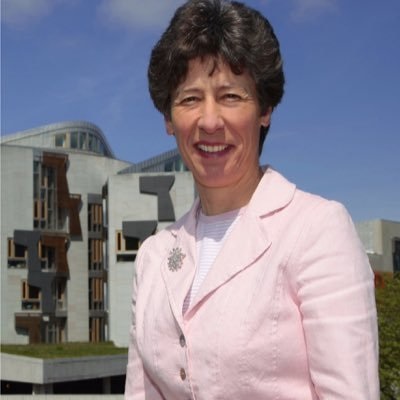 Liz Smith MSP, Shadow Cabinet Secretary for Education and Skills, United Kingdom
Liz Smith MSP, Shadow Cabinet Secretary for Education and Skills, United Kingdom
Liz Smith was first elected to the Scottish Parliament in 2007 and was re-elected in both 2011 and 2016. She is one of four Conservative Regional Members for Mid Scotland and Fife.
She is Shadow Cabinet Secretary for Education and Skills and she also chairs two cross party committees; those on Colleges and Universities, and Sport.
Liz lives at Madderty in South Perthshire. She was educated at George Watson’s College and holds an Honours Degree in Economics and Politics and a Diploma in Education from the University of Edinburgh.
She returned to George Watson’s College in 1983 to teach Economics and Modern Studies and in 1992 became a Fellow Commoner at Corpus Christi College, Cambridge whilst she undertook some academic research in politics. In 1998 she left teaching to work as Political Advisor to Sir Malcolm Rifkind and between autumn 2001 and autumn 2003 she was Head of the Chairman’s Office in Scottish Conservative Central Office.
Outside politics, Liz is a keen sportswoman with particular interest in cricket and hill-walking. She won seven caps with the Scottish Ladies’ Cricket XI, is a former President of the Scottish Women’s Cricket Association, and is an official Munroist on account of her completing all of the 282 peaks in Scotland over 3,000ft. She has also taken part in several mountaineering expeditions to the Alps and Himalayas.
Liz’s other interests include travel, photography, listening to classical music and cooking and writing (joint author of “Outdoor Adventures” published in October 2003 and the history of George Watson’s Ladies’ College published in autumn 2006).
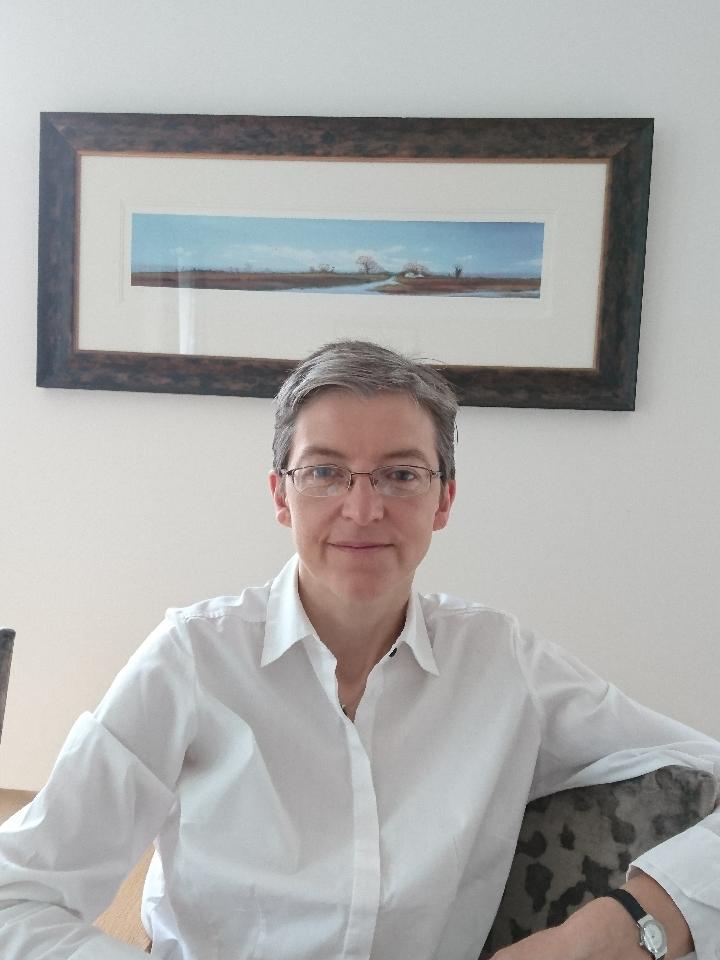 Dr Rebekah Widdowfield, Chief Executive, Royal Society of Edinburgh, United Kingdom
Dr Rebekah Widdowfield, Chief Executive, Royal Society of Edinburgh, United Kingdom
Rebekah has been Chief Executive of Scotland’s National Academy, the Royal Society of Edinburgh, since September 2017. Rebekah began her career in academia working for a number of years at the Universities of Bristol and Cardiff, researching homelessness, rural poverty and social exclusion. She joined the Scottish Government as a senior researcher in 2001, working in various roles before becoming a senior civil servant in 2008 in which capacity she served as Head of Rural and Environmental Science and Analysis and as Chief Researcher with responsibility for social research in Government. Rebekah moved to work in policy in 2013 where her posts included responsibility for Higher Education and Science and, most recently, housing as Head of Better Homes. Committed to social inclusion, Rebekah is a Board member of the Scottish Book Trust and member of the Shadow Board overseeing development of the Centre for Homelessness Impact.
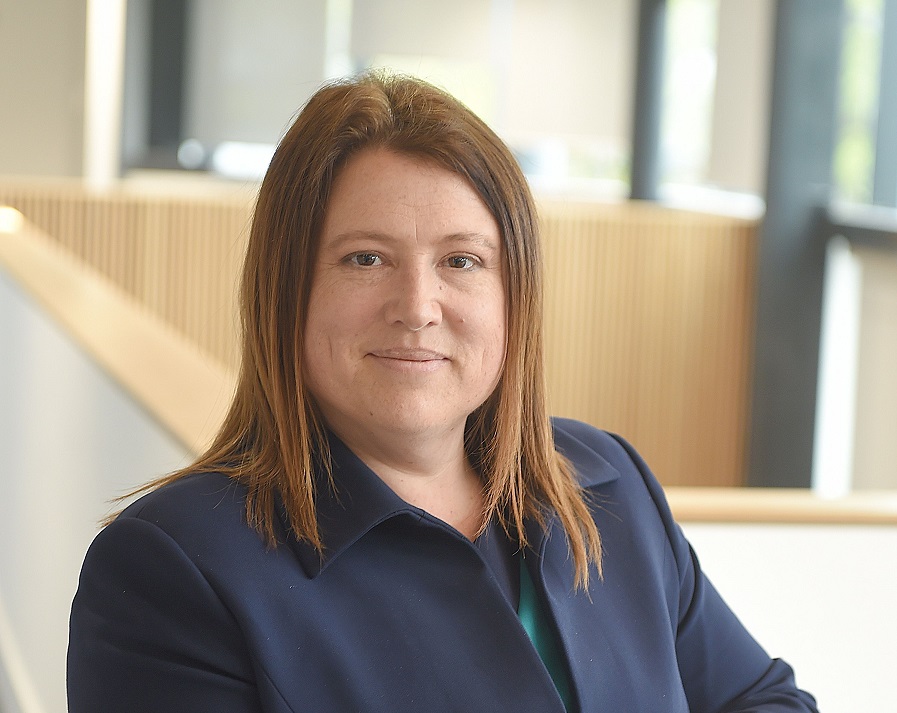 Dr Tanya Wilson, University of Glasgow, United Kingdom
Dr Tanya Wilson, University of Glasgow, United Kingdom
Tanya is a Lecturer in Economics at the Adam Smith Business School, University of Glasgow. She gained her PhD in Economics from Royal Holloway University of London in 2015. She is the recipient of the 2016 Royal Economic Society Prize, and was awarded the Sir Alec Cairncross Prize from the Scottish Economic Society in 2017. Tanya’s research interests lie in Family Economics and Labour Economics, where she has investigated topics such as the impact of local labour market conditions on the incidence of domestic violence and the role of financial constraints and gender in the decision to become an entrepreneur. She has contributed to Scottish Parliament Inquiries on the Gender Pay Gap in Scotland and Scotland’s Economic Performance and to the Royal Society of Edinburgh Review: Tapping All Our Talents: Six Years On
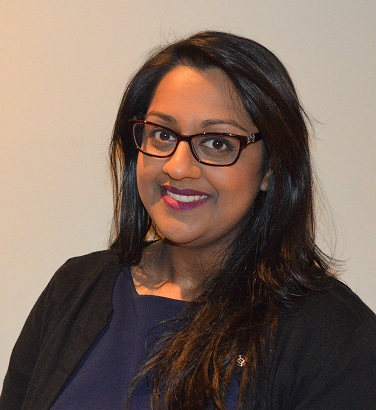 Talat Yaqoob, Equate Scotland, United Kingdom
Talat Yaqoob, Equate Scotland, United Kingdom
Talat is the Director of Equate Scotland, the national expert on women’s under-representation in STEM. She has a background in public affairs, campaigning, social research and training and development across equalities issues. She has previously worked on education rights, women’s representation in politics and tackling violence against women. Before joining Equate Scotland, Talat managed a number of projects in the Third Sector, worked in the Scottish Parliament, focusing on policy and research for a political party, and worked as a consultant for organisations focused on social equality and community engagement.
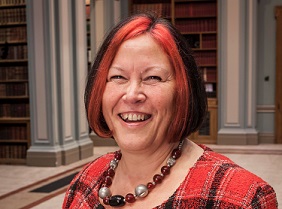 Lesley Yellowlees, University of Edinburgh, United Kingdom
Lesley Yellowlees, University of Edinburgh, United Kingdom
Lesley Yellowlees completed both her BSc in Chemical Physics and her PhD in Inorganic Electrochemistry at the University of Edinburgh. After completing research positions in Brisbane, Australia and Glasgow she returned to an academic position in Edinburgh in 1986 and gained a personal chair in Inorganic Electrochemistry in 2005. Her research interests are inorganic electrochemistry, renewable energy, public engagement of science and promoting women in science. Lesley was Head of the School of Chemistry and then Vice Principal and Head of the College of Science and Engineering at the University of Edinburgh, retiring in 2017. She was President of the Royal Society of Chemistry from 2012-14, their first woman president in 175 years. She currently sits on the Court of Edinburgh Napier University and on the SFC Board and chairs their Research and Knowledge Exchange Committee. She was awarded an MBE in 2005 for services to science, a CBE for services to Chemistry in 2014 and elected as a Fellow of the Royal Society of Edinburgh in 2012.





















